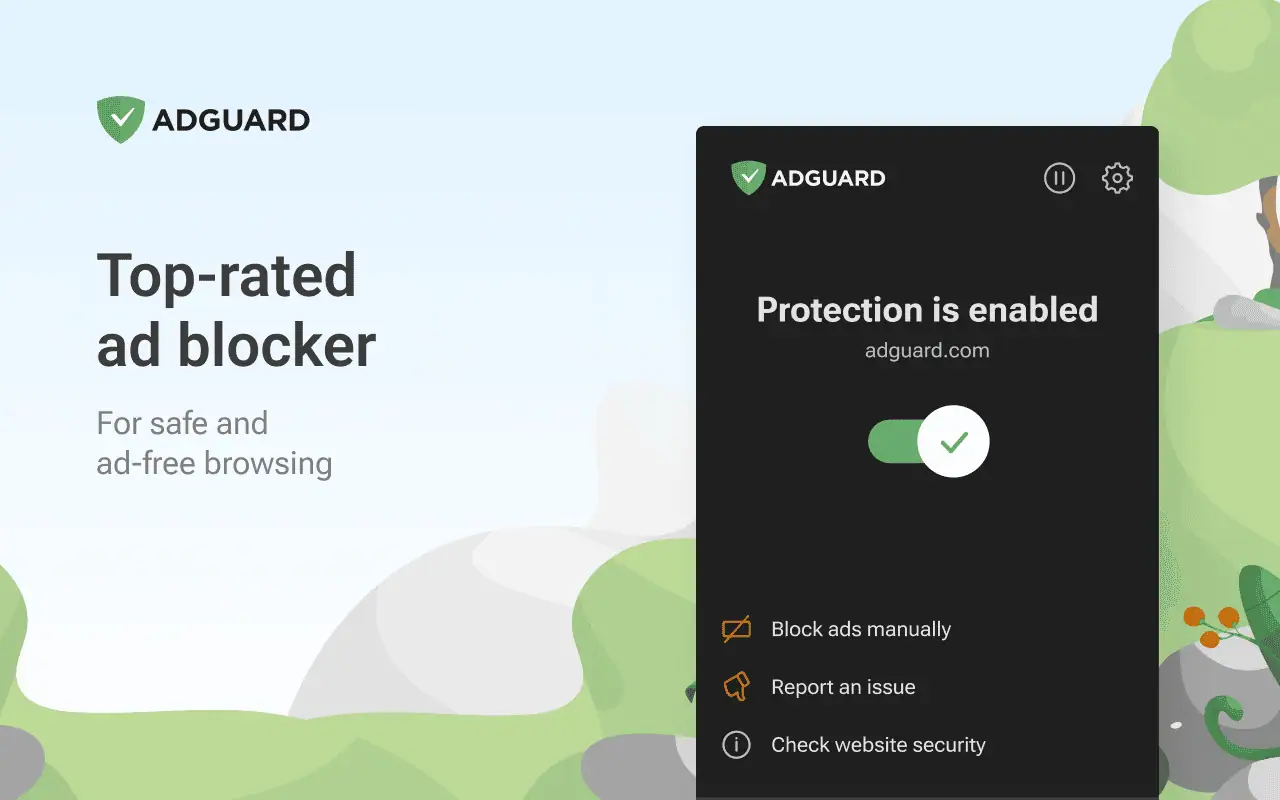
AdGuard is a versatile ad-blocking suite that operates across browsers, mobile devices, and desktop systems. Its core functionality revolves around eliminating intrusive ads, blocking trackers, and providing DNS-level filtering through AdGuard Home. Key strengths include YouTube/Twitch ad blocking, phishing protection, and minimal performance impact, though users report occasional overblocking of legitimate content and challenges with anti-adblock scripts. For teams requiring enterprise-grade security, AdGuard’s lack of Layer 7 filtering may necessitate pairing with solutions like Zenarmor
In the ever-evolving digital landscape, ad-blocking tools have become indispensable for marketers, content creators, and privacy-conscious users. AdGuard stands out as a robust, multi-platform solution designed to enhance browsing efficiency and security. This review delves into AdGuard’s features, performance, competitive positioning, and organizational background, providing digital professionals with the insights needed to evaluate its suitability for their workflows. With its freemium model, AdGuard offers a compelling blend of ad blocking, tracking protection, and DNS filtering, though limitations in advanced threat detection and occasional compatibility issues warrant consideration. Recent updates, including enhanced Android integration and DNS over QUIC support, reinforce its position as a top-tier ad-blocking tool.
Core Features and Technical Architecture
AdGuard operates through three primary vectors: browser extensions, native applications, and DNS filtering. The browser extension (available for Chrome, Firefox, and Edge) uses static filtering rules to block ads before page rendering, achieving a 100% score in AdBlock Tester’s 2025 evaluation. The desktop/mobile apps create a local VPN to intercept and filter all network traffic, enabling system-wide ad blocking in apps and games. AdGuard Home provides DNS-level blocking comparable to Pi-hole, with customizable filter lists and query logging
Performance Metrics

For growth marketers managing multiple client accounts, AdGuard’s per-device licensing (3-9 devices) provides better scalability than Brave’s device-limited model. However, enterprises requiring SOC2 compliance may prefer Zenarmor’s audit trails and role-based access
Founded in 2009 by Russian developers Andrey Meshkov and Mikhail Puzanov, AdGuard transitioned headquarters to Limassol, Cyprus in 2018 to align with GDPR standards. The 45-member team emphasizes privacy-by-design, with open-source components (filter lists, DNS server) audited quarterly by Cure.
AdGuard presents a compelling proposition for digital professionals seeking to optimize workflows and protect client data. Its strengths in cross-platform ad blocking and DNS customization make it particularly valuable for social media managers juggling multiple ad-heavy platforms. While the lack of deep packet inspection limits its standalone use in high-security environments, integration with Zenarmor or similar tools can bridge this gap. The recent Android 4.8 update demonstrates AdGuard’s commitment to performance optimization, though continued innovation in anti-adblock evasion will be critical as publishers adopt more aggressive detection techniques. For teams prioritizing cost-effective, user-friendly ad blocking without compromising on core privacy features, AdGuard remains a first-tier solution worthy of strategic investment.